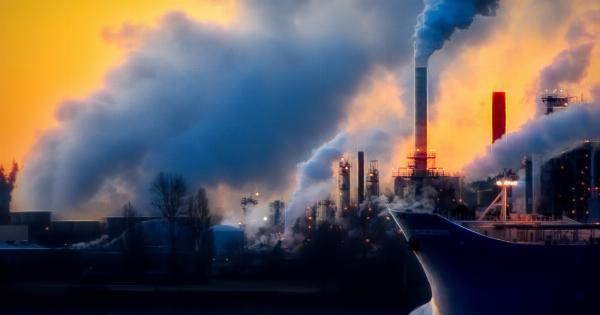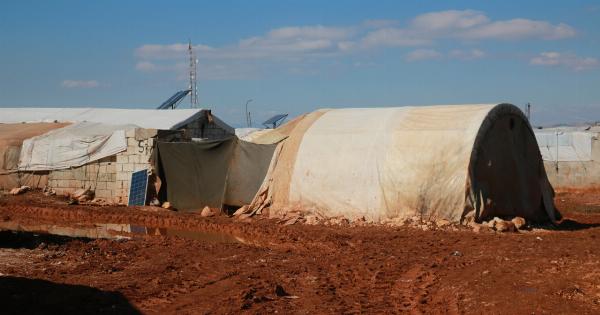Pollution is a growing problem that affects not only the environment but also our health. It has become a major concern in recent years, and governments, organizations, and individuals are all working towards reducing pollution levels.
What is pollution?
Pollution is the presence or introduction of harmful substances or pollutants into the environment. It can occur in different forms, such as air pollution, water pollution, and soil pollution.
Sources of pollution can include industrial factories, transportation, agriculture, and waste disposal.
Why is reducing pollution important for our health?
Pollution can have serious impacts on our health, especially for those living in urban areas. Exposure to high levels of pollutants can lead to respiratory diseases, such as asthma and bronchitis, as well as heart disease, stroke, and cancer.
It can also affect our mental health, causing stress, anxiety, and depression.
Children, pregnant women, and elderly individuals are particularly vulnerable to the adverse health effects of pollution.
For example, air pollution can affect the growth and development of children’s lungs, which can lead to lifelong respiratory problems. Pregnant women who are exposed to air pollution are more likely to give birth prematurely or have babies with low birth weight.
Elderly individuals with existing health conditions are more likely to experience exacerbation of their symptoms due to pollution.
How does pollution affect the environment?
Pollution has a significant impact on the environment. It can lead to the degradation of natural resources, such as water and soil, and can harm wildlife and ecosystems.
For example, water pollution can contaminate lakes, rivers, and oceans, making them unsafe for swimming, fishing, and drinking. The use of pesticides and fertilizers in agriculture can lead to soil pollution, which can affect the quality and fertility of the soil. Air pollution can harm plants, reducing their ability to produce oxygen and absorb pollutants.
What can we do to reduce pollution?
Reducing pollution levels is essential to protect our health and the environment. Here are some steps we can take:.
1. Reduce energy consumption
Reducing energy consumption can help reduce the amount of pollution created by power plants. You can do this by turning off lights when you leave a room, using energy-efficient appliances, and opting for renewable energy sources, such as solar or wind.
2. Use public transportation or carpool
Transportation is a major contributor to air pollution, especially in urban areas. Using public transportation or carpooling can help reduce the number of vehicles on the road, and therefore, the amount of pollution created.
3. Properly dispose of waste
Improper waste disposal can lead to soil and water pollution. You can help reduce waste by practicing recycling and composting, and by disposing of hazardous materials, such as batteries and electronics, properly.
4. Reduce the use of pesticides and fertilizers
Agriculture is another major contributor to pollution, particularly soil pollution. Reducing the use of pesticides and fertilizers and opting for organic farming practices can help reduce pollution levels.
5. Support clean energy policies
Supporting clean energy policies, such as incentives for renewable energy and stricter regulations on pollution, can help reduce pollution levels on a larger scale.
Conclusion
Reducing pollution levels is crucial to protecting our health and the environment.
By taking steps to reduce our energy consumption, properly dispose of waste, and support clean energy policies, we can all contribute to creating a cleaner and healthier future.


























